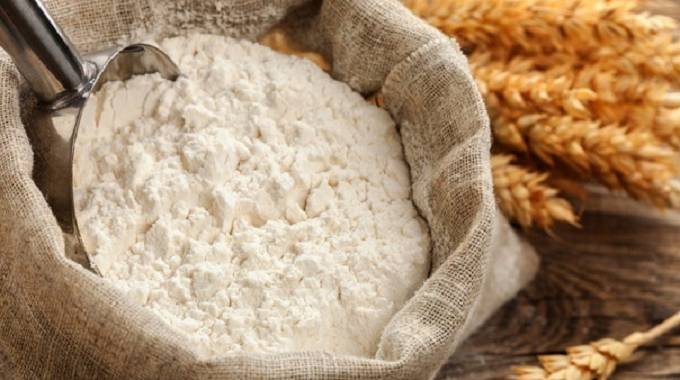By Business Reporter
The Grain Millers Association of Zimbabwe (GMAZ) is lobbying Government to come up with a protectionist policy that will shield millers from imported maize meal and wheat flour.
GMAZ wants Government to promote the importation of unprocessed maize by levying 40 percent customs duty and 40 percent surtax on all imported maize meal and wheat flour to protect local millers who have been affected by the influx of cheap products from neighboring countries.
A contact within GMAZ said the local millers were slowly being pushed out of business by the influx of imported mealie meal and wheat flour which is cheaper than the local products.
“GMAZ is lobbying Government to impose at least 40 percent customs duty and surtax on all imported mealie meal and wheat flour to deter people from buying these products from outside the country. Without such taxes, the local market will be flooded with these imported products thereby pushing our local millers out of business. I hope the Government will accede to the request by GMAZ because that is the only way of supporting the local millers,” said the contact.
Same contact revealed that local millers were currently operating at 20 percent capacity due to stiff competition from imported products. He further revealed that the decline of the milling industry was also depriving the country of bran which is the major component in the production of stock feed.
The contact said that the shortage of bran due to low milling activities had seen the price of stock feed skyrocketing. He said GMAZ’s could not impose price control on stock feeds because they are in short supply due to low milling activities.
The contact said he had hope that the Government would not renew the expired SI 119 of 2020 promulgated in May 2020 to allow the Private Sector to import duty free mealie meal and wheat flour. He said the SI was detriment to local millers as they end up competing with people who are buying cheap products from outside.
One Miller who spoke to this publication said: “The surtax is critical in that in the case where duty is exempted due to regional agreements, the surtax will still apply and will act as a barrier to imports since it increases the import costs. The Control of Goods Act can also be used to limit maize meal and wheat flour imports through protecting the local industry.”
Analyst Terrence Chipwanya said the local millers should first prove that they have the capacity to supply the local market with adequate mealie meal and wheat flour before lobbying for the imposition of customs duty.
“Since March this year to 12 December 2020, the Private Sector imported 36 435 and 21 390 metric tonnes of maize meal and wheat flour respectively. The local millers should therefore justify how they are going to fill this gap to justify the repealing of SI 119 of 2020 and the imposition of a 40 percent customs duty,” said Chipwanya.




